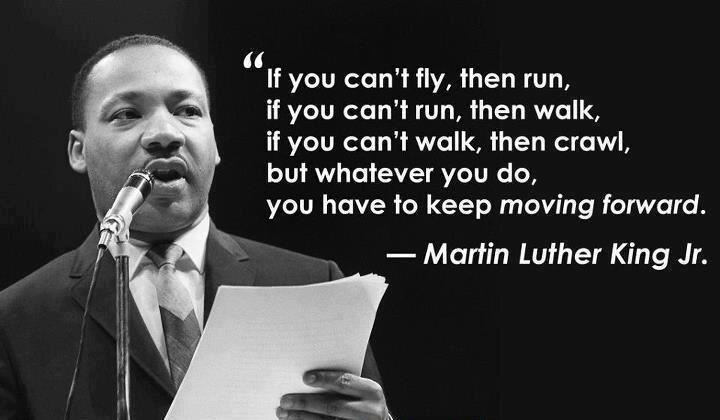Choose a poem which describes an emotional situation. Give a brief description of the situation and show how the poet explains the emotions involved.
Introduction following TARTSS structure
Paragraph 1 – Describe the situation (Referring to first part of essay question)
The Title
- Shows the irony of the poem
- Expect a normal, happy school holiday
- Reality is a forced break caused by his brother’s death
Paragraph 2 – First emotion – isolation
Seamus Heaney’s poem deals with a range of emotions but the theme of isolation is present from the beginning of the poem. The speaker has to spend most of his day seemingly waiting alone:
‘I sat all morning in the college sick bay’
Heaney’s use of the first person pronoun ‘I’ instead of ‘we’ instantly establishes the notion of the boy waiting alone. As this is the first word in the whole poem, it places a focus on the speaker as isolated. As we know ‘Midterm Break’ is an autobiographical poem, we can surmise that the speaker is male. He is not only waiting alone but waiting in the ‘college sick bay’ connotes the idea of sickness and unpleasantness; this foreshadows what is to come later in the poem. The bells are ‘knelling’ and Heaney’s word choice here is significant. Knelling bells are normally heard at funerals and have connotations of death. As the boy is sitting alone, in an unpleasant surrounding, hearing funereal bells, the reader is immediately alerted to not only the theme of grief, but also the theme of isolation. We feel sympathetic to the boy as he waits, picked up by neighbours, to be taken home where the body of his little brother awaits him.
The theme of isolation is further strengthened later in the poem when the speaker finally learns about the death of his brother. Heaney’s word choice is suggestive of isolation when he writes:
‘With the corpse, stanched and bandaged by the nurses’
The poet’s use of the word ‘corpse’ has connotations of death and decay. These are unusual connotations to give to a sibling so it suggests that the speaker feels a sense of detachment towards the body of his brother – perhaps he is in disbelief about his death. Ultimately, the detachment the speaker feels towards ‘the corpse’ is emblematic of the emotion of isolation and suggests not only the literal distance between the two brothers – one dead, one alive, but also the emotional disconnection as he seems to be detached from his grief.
Paragraph 3 – reader (and speaker) in suspense as ignorant as to who has died
Paragraph 4 – inexperience / uncertainty (About the way adults treat him)
Paragraph 5 – grief – Parents’ grief
Paragraph 6 – speaker’s grief/loss – goes from controlled/detached to guilt?
Conclusion












